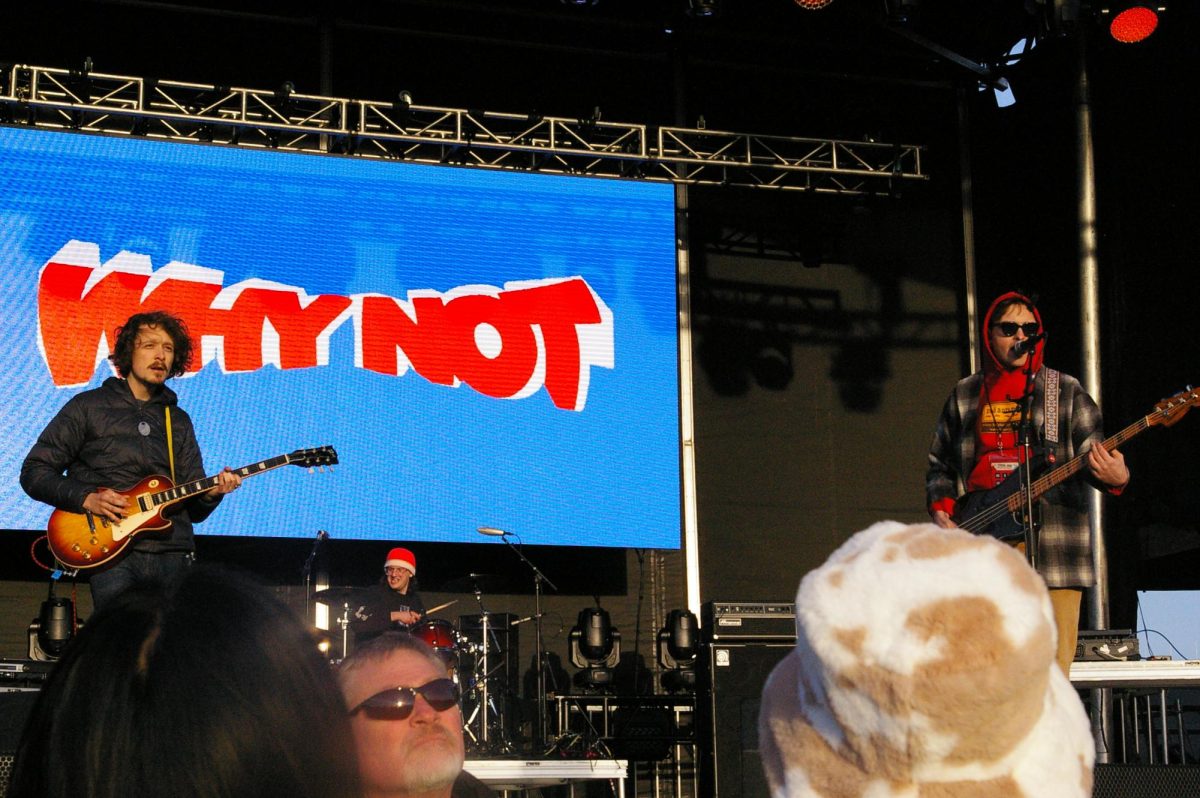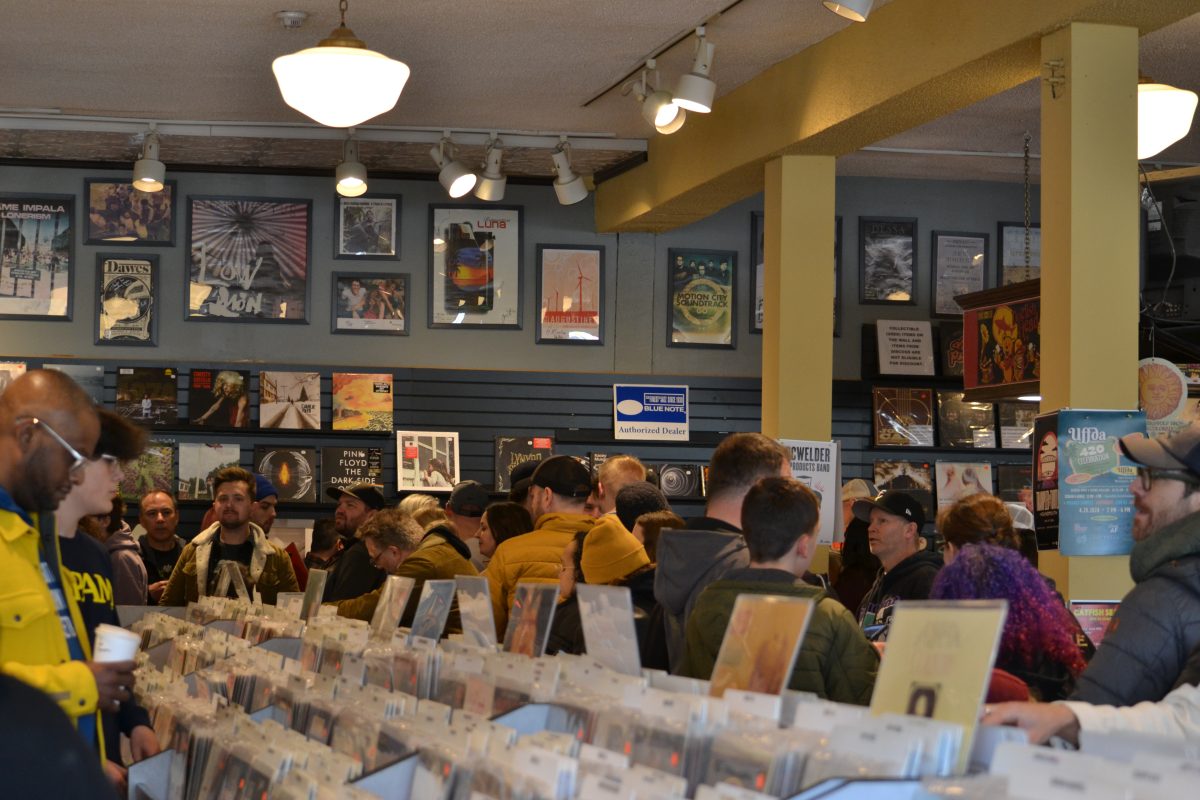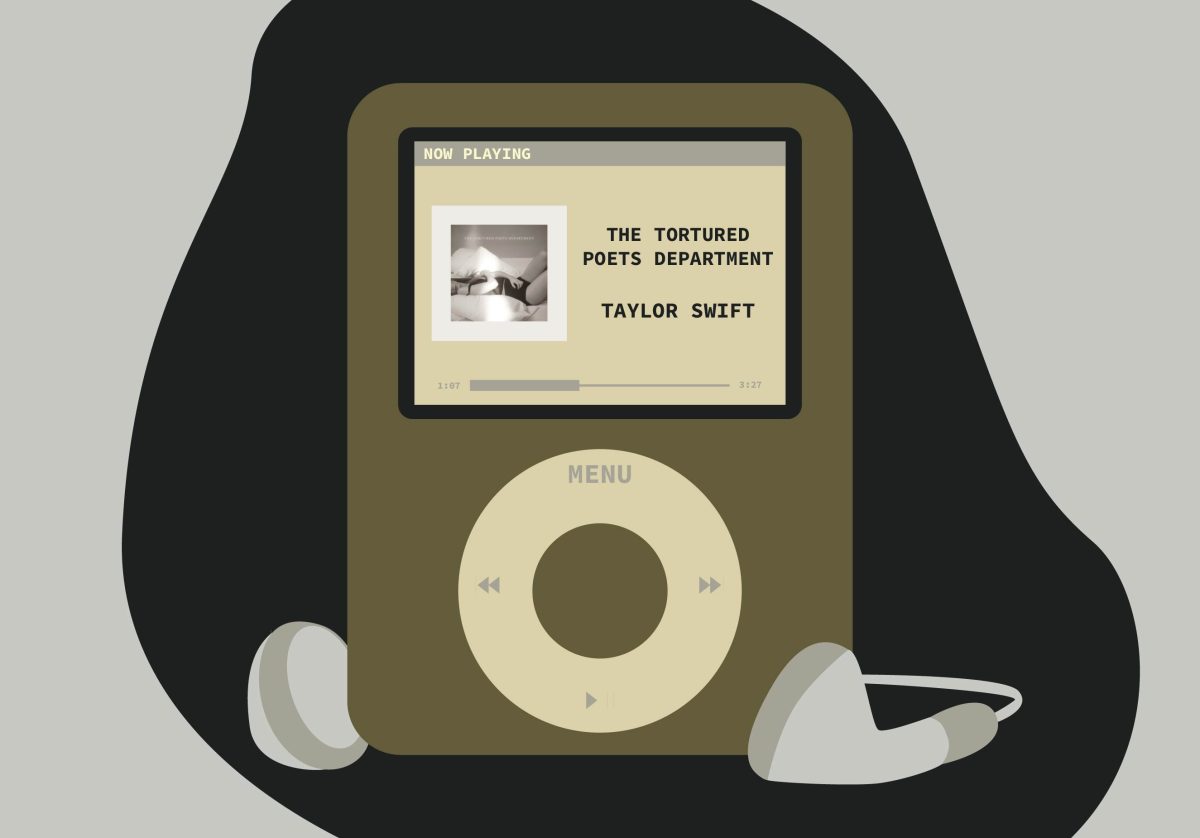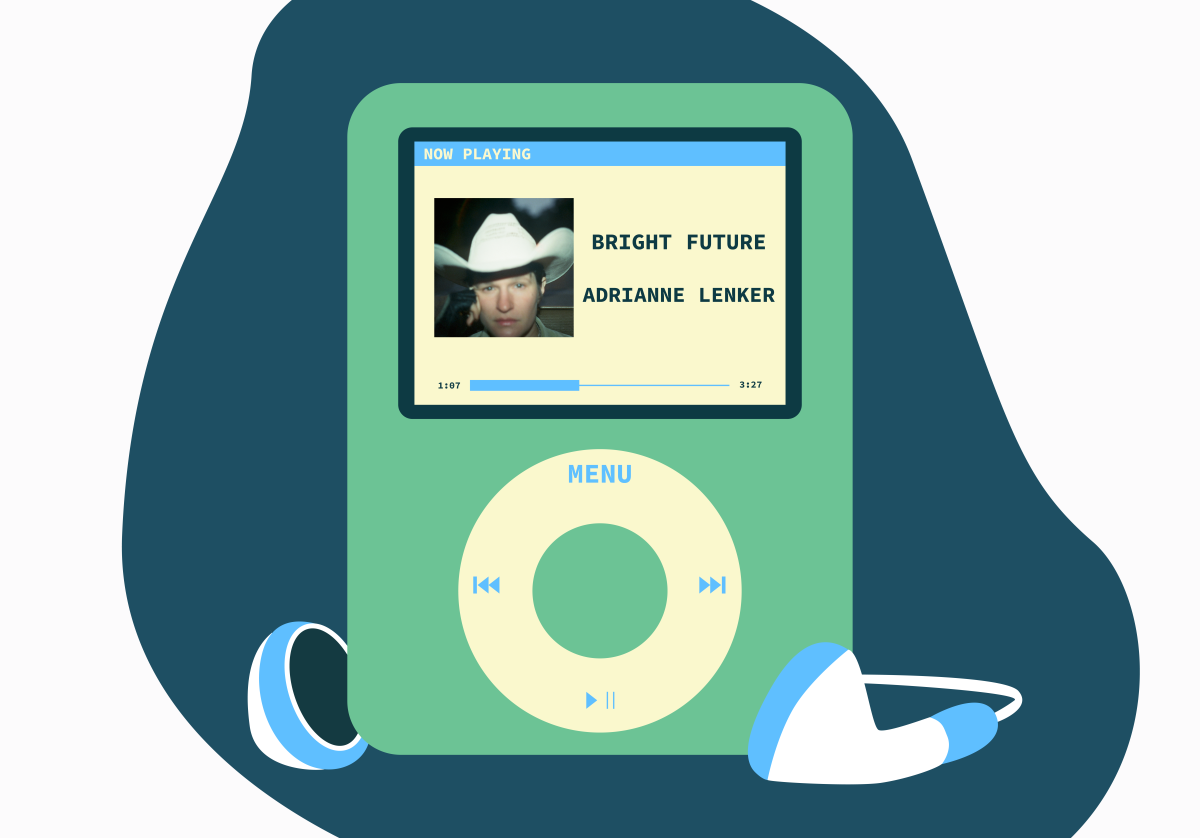âÄúThe PeopleâÄôs KeyâÄù
Artist: Bright Eyes
Label: Saddle Creek
Few musicians waltz into the rock âÄônâÄô roll pantheon without enduring a fair share of mudslinging on the way there. Bob Dylan was famously booed by his fans when he went electric. Christian America tossed BeatlesâÄô records into a fire and called for a boycott over a tongue-in-cheek Jesus comparison. Elvis felt the outrage of an entire generation after gyrating on national television. Even the internationally famed Bono faces ridicule to this day. ItâÄôs a harsh but unchanging reality for sure: Our most celebrated songwriters can also be our most hated.
While Conor Oberst is no arena rock star, he is a songwriter of enormous talent and no exception to this longtime rock âÄônâÄô roll dichotomy. For every glowing review, Dylan comparison and Billboard success, there was always a long line of devoted naysayers wrapped around the corner.
AllmusicâÄôs veteran critic Stephen Thomas Erlewine accused him of âÄúwallowing in perpetual adolescence,âÄù Jay LenoâÄôs audience booed him over a sarcastic protest song, even AmericaâÄôs favorite satirical rag, The Onion, took aim at his weepy persona with the headline âÄúNation Planning Surprise Party to Cheer Up Conor Oberst.âÄù
But to put it simply, the Oberst we hear on Bright EyesâÄô latest (and possibly last) album, âÄúThe PeopleâÄôs Key,âÄù isnâÄôt the same prep-school poet we all grew to love and hate.
Falling more in line with the electro-soundscape of âÄúDigital Ash in a Digital Urn,âÄù the record is completely devoid of the no-frills Americana that has come to define his musical identity as of late.
ItâÄôs a dense arrangement of fuzzy synths, warm reverb and dreamy atmospherics that sees Oberst and his longtime producer Mike Mogis gravitating to a place far weirder and more spacey than any of their previous efforts.
From the percussive clatter of âÄúA Machine SpiritualâÄù to the synth-laden crunch of âÄúTriple Spiral,âÄù Oberst is eloquent but not verbose, ambitious but not overwrought. He skirts political commentary, instead delivering discursive musings of the existential kind. On the new-wave throwback âÄúShell Games,âÄù he sings âÄúMy private life is an inside joke / no one will explain it to me.âÄù
ItâÄôs an introspective side that recalls his more formative years as a scatterbrained prodigy as opposed to the enlightened recluse of âÄúCassadagaâÄù and his Mystic Valley fare.
âÄúThe one recurring theme in my writing, and my life in general, has been confusion,âÄù Oberst told New York Magazine earlier this month.
And itâÄôs a pertinent statement since itâÄôs unclear exactly what âÄúThe PeopleâÄôs KeyâÄù is trying to say lyrically or sonically.
But that very inconsistency is exactly what the album suffers from, whether it be on the out-of-place âÄúJejune StarsâÄù or the aimless sci-fi-meets-existentialism voiceovers woven throughout.
âÄúThe PeopleâÄôs KeyâÄù may not be Bright EyesâÄô greatest effort, but Oberst is still the greatest songwriter of this generation.
3 out of 4 stars

















